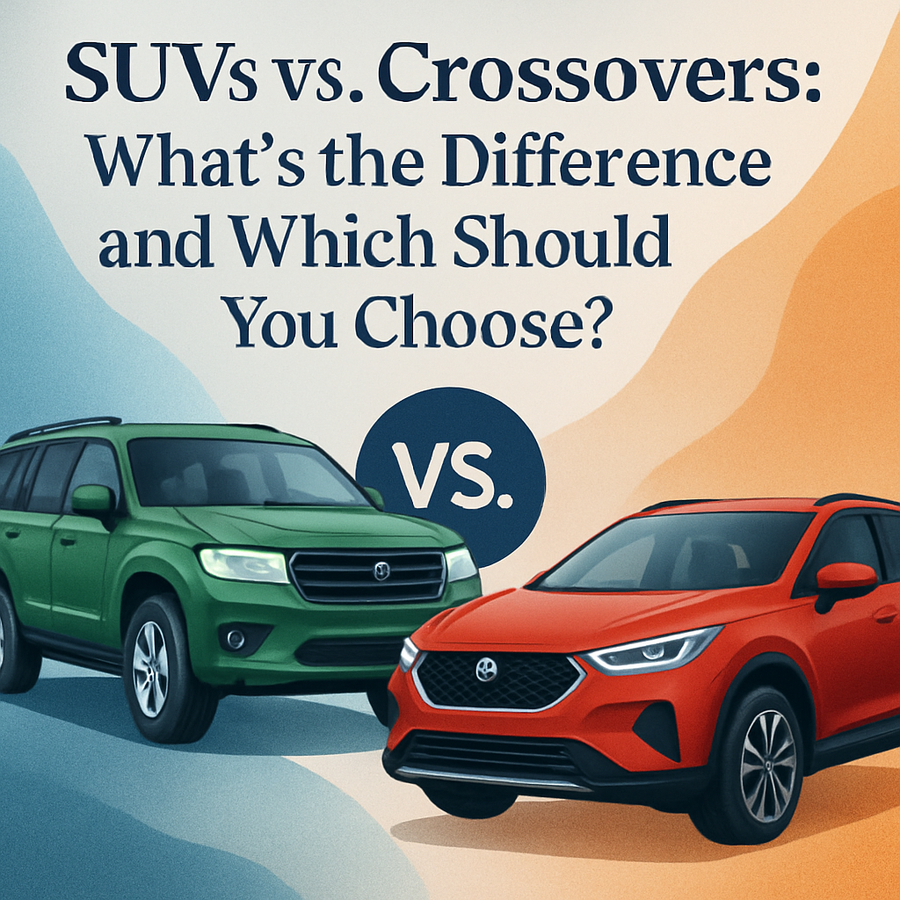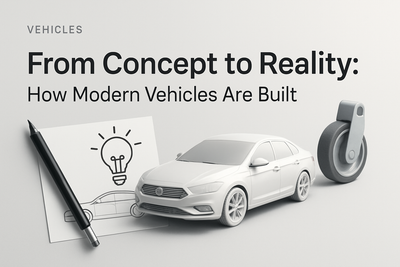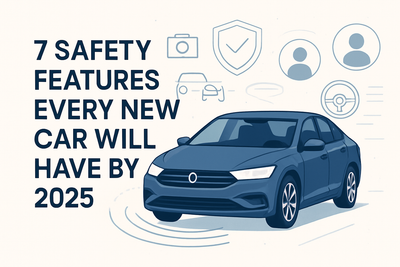SUVs vs. Crossovers: What's the Difference and Which Should You Choose?
Introduction
In today's vehicle market, the terms SUV and crossover are often used interchangeably—but they’re not the same thing. If you're shopping for a new vehicle and feeling confused by these two categories, you're not alone. While both offer a higher driving position, spacious interiors, and family-friendly features, there are some key differences that could influence your decision. So let’s explore the distinctions between SUVs and crossovers—and help you decide which one fits your needs best.

What is an SUV?
Sport Utility Vehicles (SUVs) are traditionally built on a truck's body-on-frame platform. This construction makes them more rugged and capable of handling off-road conditions and heavy towing. SUVs are known for their durability, larger size, and four-wheel-drive capabilities.
Key Features of SUVs:
- Built on a body-on-frame chassis
- Higher ground clearance
- Superior off-road and towing capabilities
- Typically larger and heavier
- Often equipped with four-wheel drive
Popular examples include the Jeep Grand Cherokee, Toyota 4Runner, and Ford Expedition.
What is a Crossover?
Crossovers, also known as CUVs (Crossover Utility Vehicles), are built on a car-based unibody platform. This construction delivers a smoother ride, better fuel efficiency, and easier handling compared to traditional SUVs. Crossovers combine the comfort of a sedan with the utility of an SUV.
Key Features of Crossovers:
- Built on a unibody car platform
- More fuel-efficient
- Easier to maneuver and park
- Better on-road comfort
- Usually available with front-wheel or all-wheel drive
Popular crossover models include the Honda CR-V, Toyota RAV4, and Subaru Outback.
Pros and Cons Comparison
| Feature | SUV | Crossover |
|---|---|---|
| Platform | Body-on-frame | Unibody |
| Off-Road Capability | Excellent | Moderate |
| Towing Capacity | High | Moderate |
| Fuel Efficiency | Lower | Higher |
| Ride Comfort | Rougher | Smoother |
| Maneuverability | More difficult in tight spaces | Easier and more agile |
Which Should You Choose?
Your lifestyle and driving habits should guide your choice:
- Choose an SUV if you need to tow heavy loads, frequently drive off-road, or require a rugged vehicle for outdoor adventures.
- Choose a crossover if you primarily drive in urban or suburban areas, value comfort and fuel efficiency, and want a more car-like driving experience.
Family drivers, commuters, and city dwellers often prefer crossovers, while avid campers, boat owners, or rural residents may find SUVs more practical.
Conclusion
While SUVs and crossovers may look similar at first glance, understanding their fundamental differences can help you make an informed decision. Whether you prioritize rugged performance or everyday comfort, there's a utility vehicle out there tailored to your lifestyle. Take both for a test drive, consider your unique needs, and choose the model that will bring the most value and satisfaction to your driving experience.








